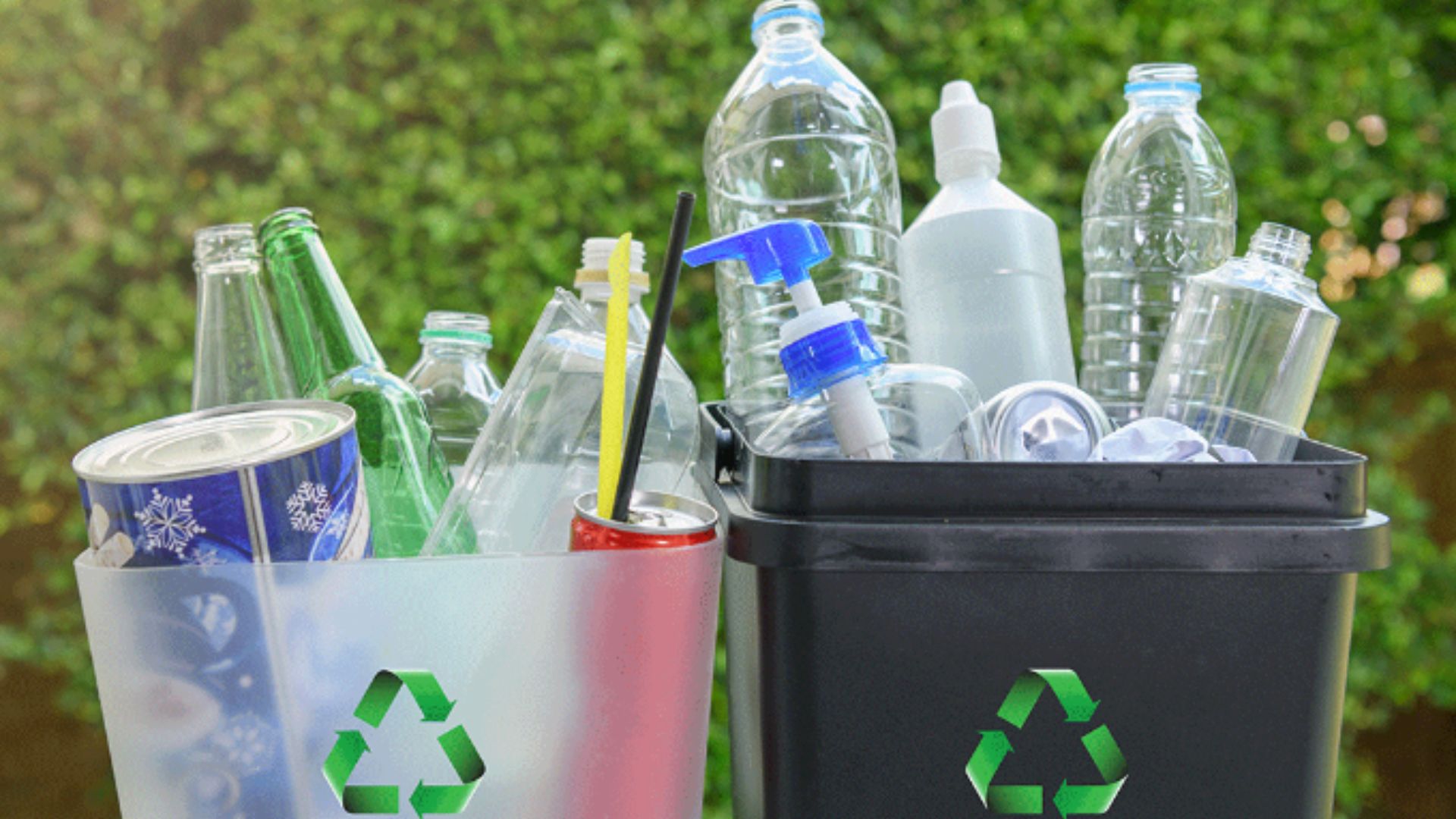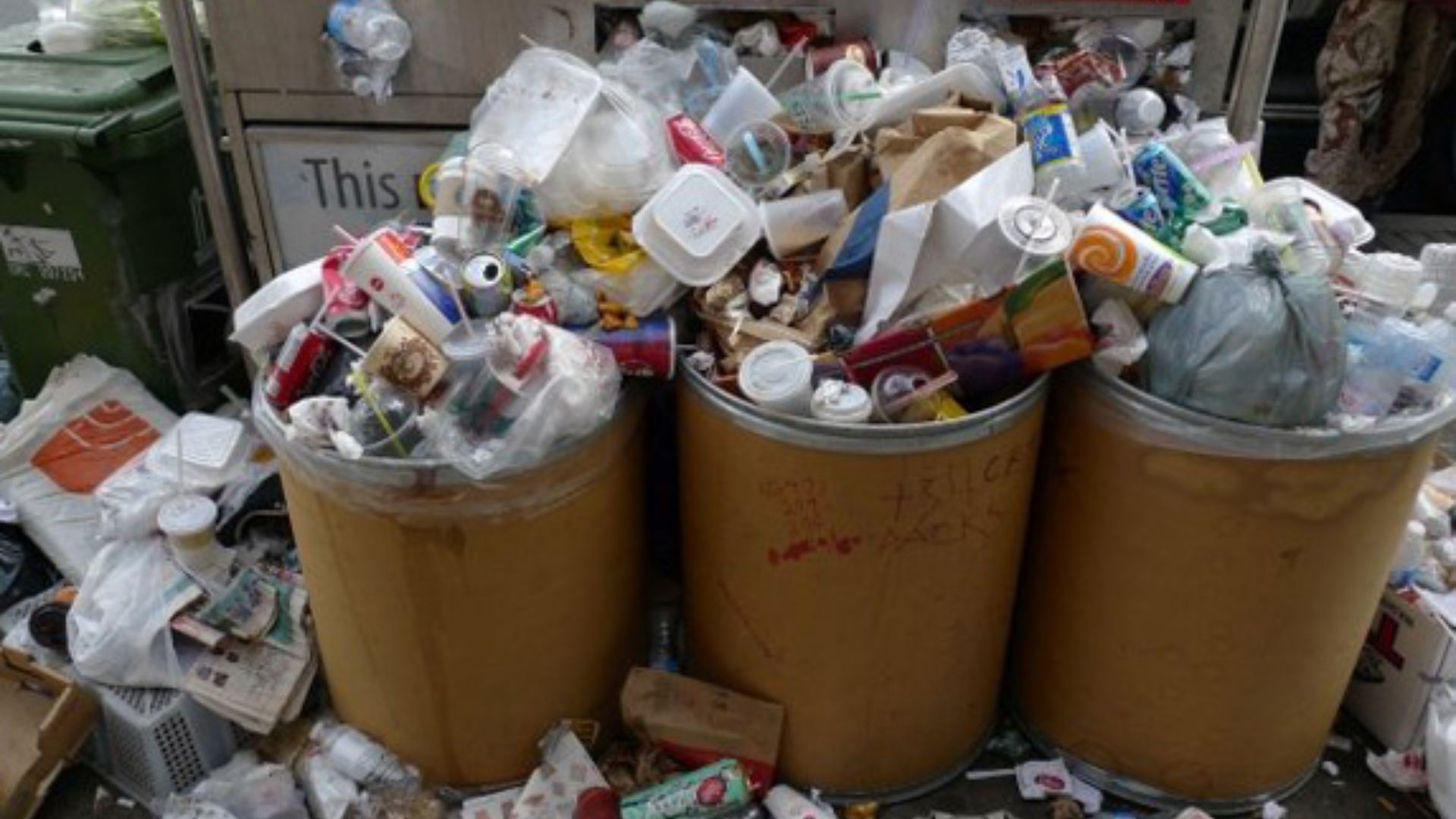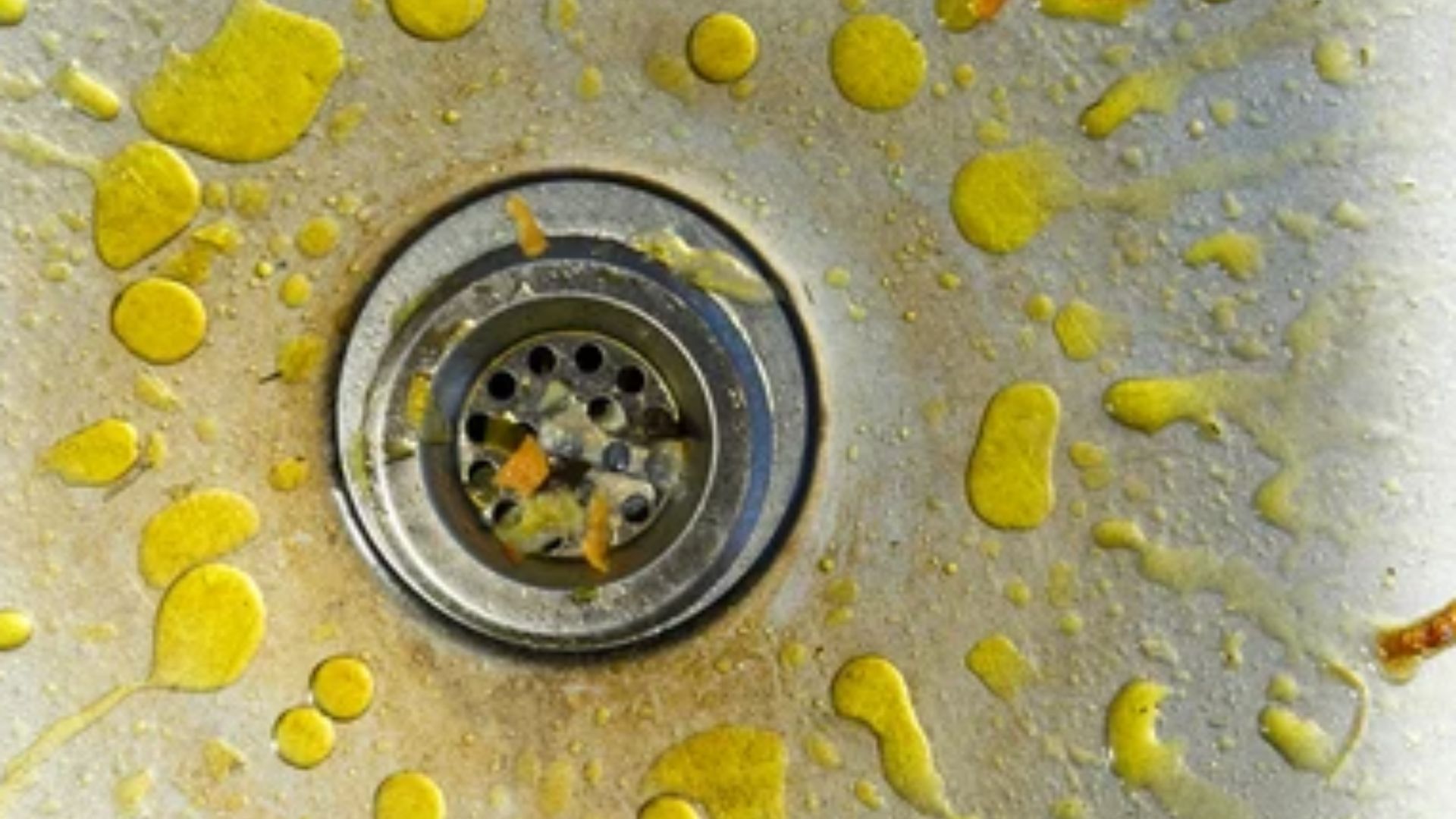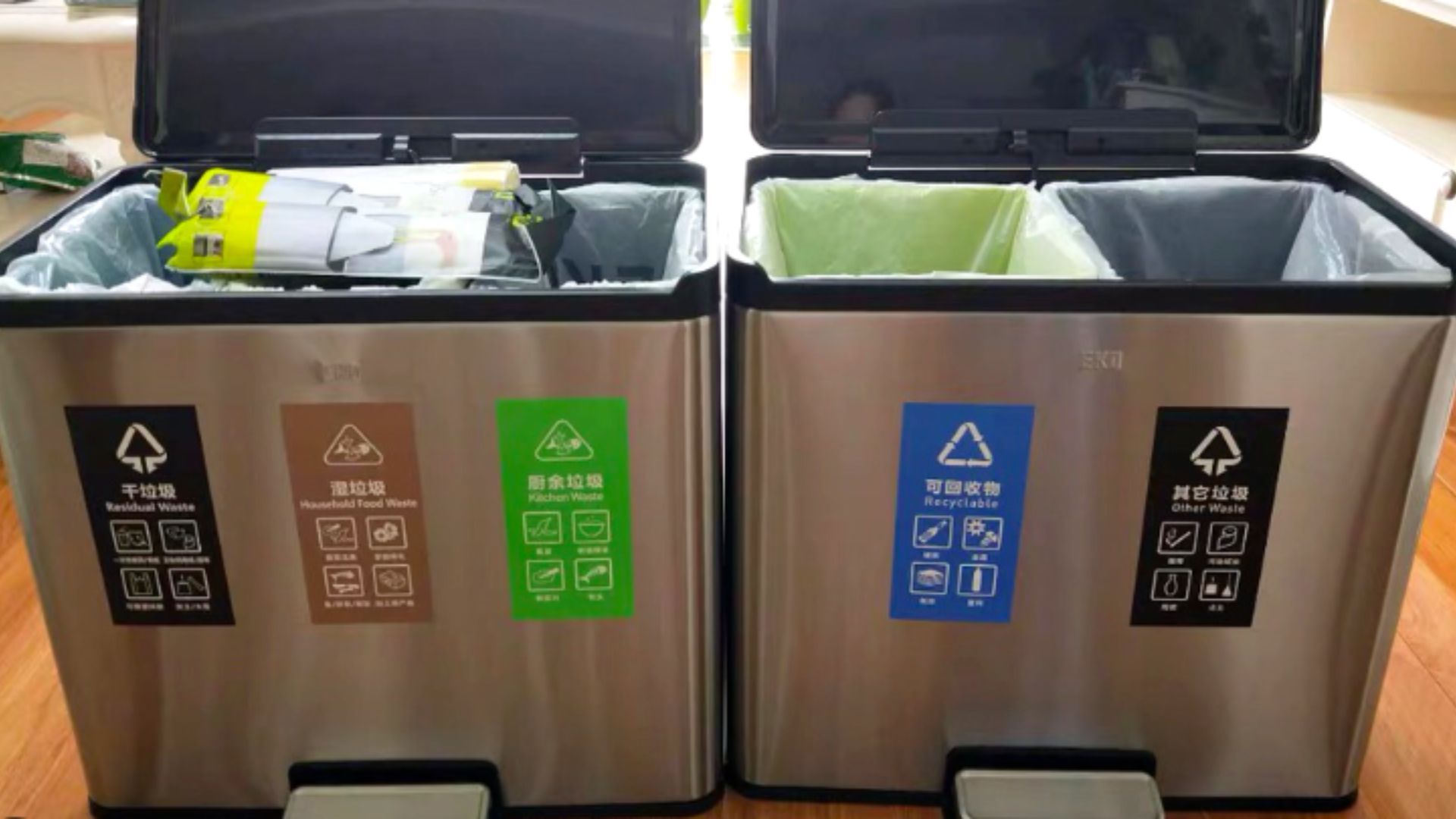Environmentally friendly disposal is an essential aspect of maintaining a clean and healthy home environment. However, it’s important to dispose of waste properly to minimize environmental impact and ensure efficient waste management. Here are some top tips for effective and eco-friendly garbage disposal.

Reduce Waste at the Source
The best way to manage garbage is to produce less of it in the first place. Practice mindful consumption by avoiding single-use items, opting for products with minimal packaging, and choosing reusable alternatives whenever possible. By reducing waste at the source, you can lessen the burden on landfills and minimize environmental pollution.
Separate Recyclables
Implement a recycling system in your home to separate recyclable materials such as paper, cardboard, plastics, glass, and metal. Set up designated recycling bins or containers and educate household members about which items can be recycled. By diverting recyclables from the trash, you can reduce the amount of waste sent to landfills and conserve valuable resources.
Compost Organic Waste
Composting is an eco-friendly way to dispose of organic waste and create nutrient-rich soil for gardening. Collect food scraps, yard trimmings, and other organic materials in a compost bin or pile, and allow them to decompose naturally. Use the finished compost to enrich garden soil, nourish plants, and reduce the need for chemical fertilizers. Composting not only reduces waste but also helps mitigate greenhouse gas emissions from organic waste in landfills.
Dispose of Hazardous Waste Properly
Certain items such as batteries, electronics, household chemicals, and medications require special disposal methods to prevent environmental contamination. Research local hazardous waste collection programs or drop-off locations where you can safely dispose of these items. Never dispose of hazardous waste in the regular trash or pour it down the drain, as it can harm the environment and pose risks to human health.
Use Biodegradable and Eco-Friendly Products
Opt for biodegradable and eco-friendly products whenever possible to minimize environmental impact. Choose cleaning supplies, personal care products, and packaging materials made from renewable resources or biodegradable materials. Look for eco-friendly certifications such as USDA Organic, EcoCert, or Green Seal to ensure that products meet rigorous environmental standards.
Practice Proper Disposal of Electronic Waste
Dispose of electronic waste, also known as e-waste, responsibly to prevent environmental harm and recover valuable resources. Research local e-waste recycling programs or electronic recycling centers where you can drop off old electronics such as computers, cell phones, and televisions. Many electronics contain hazardous materials like lead, mercury, and cadmium, which can pollute soil and water if not disposed of properly.
Avoid Contamination in Recycling
Ensure that recyclable materials are clean, dry, and free of contaminants before placing them in recycling bins. Rinse out containers, remove lids, and flatten cardboard boxes to maximize space and prevent contamination. Contaminated recyclables can lower the quality of recycled materials and may end up in landfills instead of being processed into new products.
Donate or Repurpose Unwanted Items: Before throwing away items that are still in good condition, consider donating them to local charities, shelters, or thrift stores. You can also repurpose or upcycle items to give them a new life and reduce waste. Get creative with DIY projects such as turning old clothing into rags, repurposing glass jars as storage containers, or transforming furniture with a fresh coat of paint.
Educate Yourself and Others
Stay informed about waste management practices, environmental issues, and recycling guidelines in your community. Share your knowledge and encourage others to adopt eco-friendly habits by leading by example and discussing the importance of environmentally friendly disposal. Organize educational events, workshops, or neighborhood clean-up efforts to raise awareness and inspire positive change.
Advocate for Policy Changes and Sustainable Practices
Get involved in local environmental initiatives and advocate for policy changes that promote sustainable waste management practices. Support initiatives such as extended producer responsibility (EPR) laws, plastic bag bans, and composting programs that reduce waste and encourage recycling. By participating in advocacy efforts and supporting environmentally responsible policies, you can help create a more sustainable future for your community and beyond.
Conclusion
Effective environmentally friendly disposal is essential for maintaining a clean, healthy, and sustainable living environment. By following these tips for efficient and eco-friendly waste management, you can minimize your environmental footprint, conserve resources, and contribute to a greener future for generations to come.



